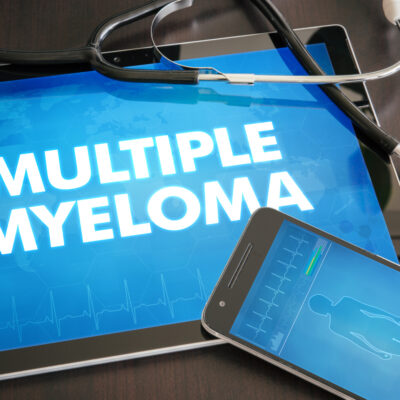
Here’s what you need to know about a heart attack
A heart attack occurs when the blood supply to the heart gets cut off, leading to the death of the heart muscle. Without immediate medical attention, a heart attack can prove to be fatal.
The medical term for a heart attack is a myocardial infarction. It occurs when the regular flow of blood in the heart is blocked due to a clot or buildup of plaque. The plaque may build up due to an increase in the cholesterol levels.
When the blood flow stops, the heart muscle starts to die, and if the smooth flow of blood is not restored, it can lead to death.
In the country, one instance of heart attack occurs every 40 seconds. Every year, 790,000 citizens suffer from a heart attack.
Symptoms
When a person has a heart attack, they may experience one or more of the following symptoms:
- Pressure or tightness in the chest or arms that may spread to the jaws
- Difficulty in breathing
- Cold sweat
- Extreme fatigue and tiredness
- Giddiness
- Severe nausea
If a person experiences any of these symptoms, it is advisable for them to get medical attention immediately. It is observed that in some women and in patients with diabetes, a silent heart attack may occur which does not lead to any symptoms.
Risk factors
Because of the following factors, people face a higher risk of having a heart attack:
- Those who are over 65 years of age
- Those who have a family history of heart disease, hypertension, and diabetes
- Those who are dealing with the problem of obesity and do not exercise regularly
- Those who smoke or consume excess alcohol
- Those having high cholesterol levels
People in the high-risk category should get an annual health check-up and visit the cardiologist on a regular basis.
Emergency care
People experiencing the symptoms of a heart attack can take aspirin immediately to minimize the risk of a blood clot. After this, it is highly advisable for a person to contact emergency services or ask someone to take them to a hospital. If this condition is caught early on, the treatment becomes easier.
The doctors may perform an ECG to check heart activity and it also helps them detect a heart attack.
Treatment
Clot-busting medicines are given to dissolve clots. Angioplasty may be required in some cases. Here, a stent is inserted in the artery to keep it open and allow for the smooth flow of blood.
Medications like Pradaxa (Dabigatran) may also be administered in the hospital for patients suffering from atrial fibrillation (irregular heart beat) in order to prevent a stroke caused by a blood clot in patients who have a history of knee or hip replacement surgery.
After being discharged from the hospital, one must make lifestyle changes to stay healthy. Regular physical activity, giving up on smoking and alcohol, and switching to a healthy diet can help prevent heart attacks in the future.
A heart attack can kill the heart muscle because of which it is considered to be a life-threatening condition. Immediate medical intervention and certain lifestyle changes can help a person recover from a heart attack.


